The views expressed in our content reflect individual perspectives and do not represent the authoritative views of the Baha'i Faith.
The world seems full of lines — boundaries of comfort, expectation, relationship, race, place, and religion — that appear to be carved in stone. What happens when someone dares to challenge those lines?
The book Crossing the Line explores that question and more in every chapter. What strengths do we draw on when, due to the actions of others, we find ourselves in uncharted territory? How can we cross those lines and survive?
In the book’s opening chapter, we begin when Richard (Rick) Abercrombie briefly reflects on the lines his own ancestry crossed. Two sets of Rick’s great-great-grandparents crossed the Atlantic Ocean and adapted to new national, cultural, and personal realities. One set of great-great grandparents chose to leave their home in Scotland, emigrate to South Carolina with their sons, and establish themselves as slave-holding farmers. The other great-great-grandparents, along with their young son, were kidnapped from their home in Mali, transported across the Atlantic Ocean against their will, and sold off individually as slaves in Charleston, South Carolina.
So what happens when a son of a Scottish family crosses lines of racial separation and marries an African woman born into slavery?
How does the kidnapped Malian boy navigate his new reality in slavery so well that he eventually earns the nickname “the Pirate”? How do “the Pirate” and the white woman who fell in love with him manage to marry without getting both of themselves killed? What happens when descendants of the Malian family and the Scottish family marry? For one thing, you eventually get Rick Abercrombie.
At age 14, Rick Abercrombie was besieged by prejudice because of his multi-racial background and angered by unsatisfactory answers to his heartfelt questions about religious truth. The time was 1960, and the place was Greenville, South Carolina. Ricky began carrying a gun, skipping school, and numbing his painful emotions with alcohol. His parents were worried and his future looked bleak. What happened next – an invitation to a birthday party at the home of a Baha’i family – changed his life forever. Ricky became intrigued by the Baha’i teachings on racial equality, peaceful strategies for social justice, and the fundamental unity of religion:
Ye are the fruits of one tree, and the leaves of one branch. Deal ye one with another with the utmost love and harmony, with friendliness and fellowship. He Who is the Day Star of Truth beareth Me witness! So powerful is the light of unity that it can illuminate the whole earth. The one true God, He Who knoweth all things, Himself testifieth to the truth of these words.
Exert yourselves that ye may attain this transcendent and most sublime station, the station that can ensure the protection and security of all mankind. – Baha’u’llah, Gleanings from the Writings of Baha’u’llah
For each and every people, and every religion, await a Promised One, and Baha’u’llah is that One Who is awaited by all; and therefore the Cause of Baha’u’llah will bring about the oneness of mankind, and the tabernacle of unity will be upraised on the heights of the world, and the banners of the universality of all humankind will be unfurled on the peaks of the earth. – Abdu’l-Baha, Selections from the Writings of Abdu’l-Baha
As he investigated these new teachings, Ricky experienced a profound spiritual awakening that led him to give up the gun, stop drinking, and engage in life with hope and joy. His friends and family initially opposed his dangerous new association with racially integrated groups and new religious teachings on unity, but Ricky’s steadfastness drew them into investigating his new beliefs themselves.
Through his memoirs, told with the skill of a seasoned griot, we walk with Rick as he reflects on his adolescence and how he crossed the line from responsible to dangerously rebellious and then transformed into a positive inspiration to all. What is it that could make a young man from a loving family turn to the dark side overnight? What were the social and religious rules that weighed so heavily on Rick’s shoulders that he collapsed and gave up? Why did he feel that anger and alienation seemed like the better choices? What was it in the Baha’i teachings that renewed Rick’s hope and gave him the courage to challenge racial stereotypes and traditional religious teachings? What inspired him to see certain popular notions, not as concrete boundaries, but as lines drawn in the sand?
Rick’s connectedness with his teenage self and his transparency in articulating his anguish as well as his joys offer important insights into the challenges of growth for everyone. This true story of how a rebellious teenager improved his own character and affected the lives of dozens of friends and family members not only demonstrates the power of youth, but also the potential for positive transformation in people of all ages.


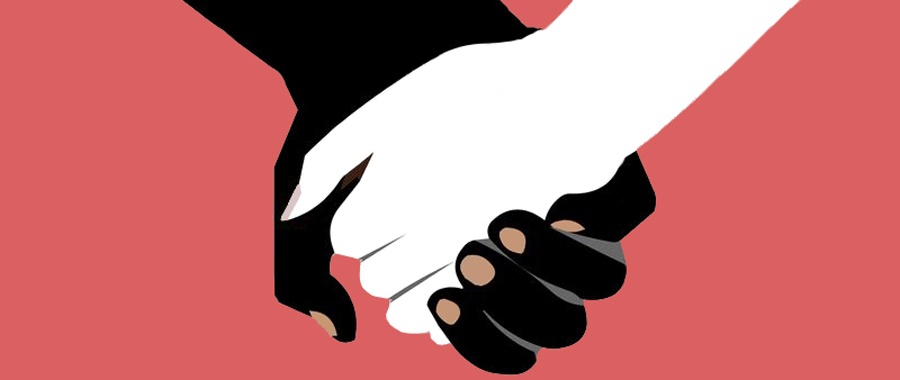
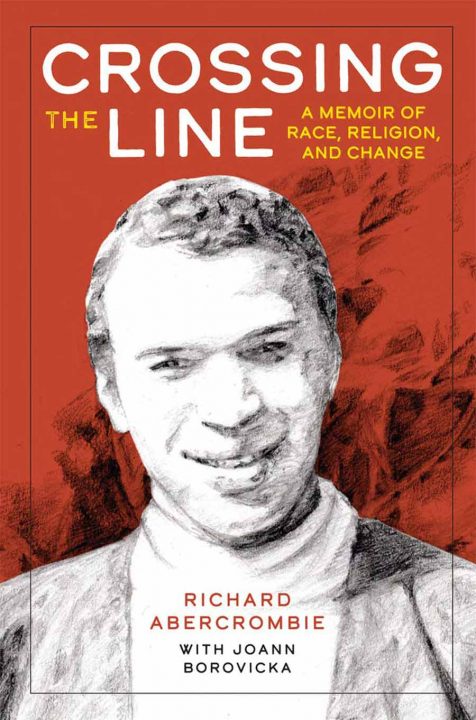

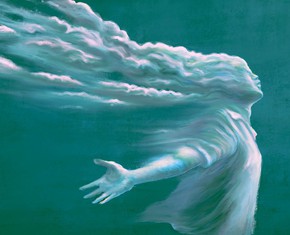
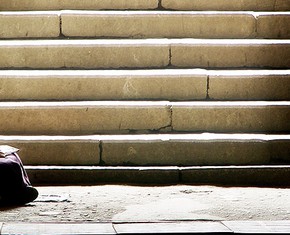
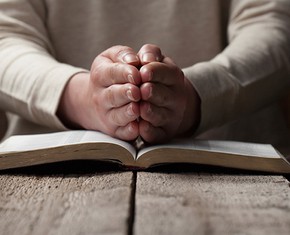









Comments
Sign in or create an account
Continue with Googleor